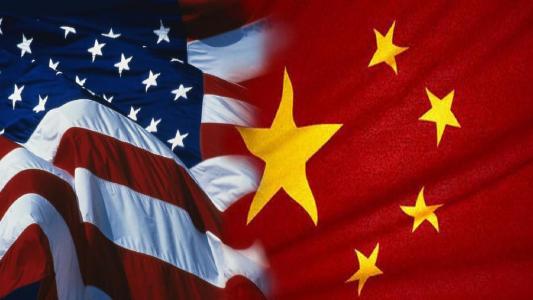BEIJING – In a bold response to the escalating tech trade war, China has unveiled its most stringent set of export controls yet on critical minerals, signaling a dramatic shift in global supply chains that could have far-reaching economic and national security implications.
These newly imposed restrictions focus specifically on minerals essential to the production of semiconductors and defense technologies, industries that are crucial to the U.S. economy and military capabilities.
The announcement of the export controls comes in the wake of the Biden administration’s latest move to tighten restrictions on China’s semiconductor industry, marking a pivotal moment in the ongoing technological standoff between the world’s two largest economies. This is the first time that China has targeted its critical mineral exports exclusively toward the United States, and it marks the first instance where such measures have been taken in direct retaliation for U.S. actions against China’s advanced technology sector.
Background of China’s Export Restrictions
Critical minerals such as rare earth elements, cobalt, and lithium are essential to the production of a wide range of high-tech products, including semiconductors, electric vehicle batteries, and military systems. China controls a significant portion of the global supply of these materials, and their availability is crucial for industries across the world. The new export controls are viewed as a direct countermeasure to the U.S. crackdown on China’s semiconductor manufacturing capabilities, which the U.S. government has increasingly restricted due to national security concerns.
The Biden administration’s recent actions include placing additional restrictions on Chinese tech firms, cutting off access to key components, and limiting the ability of Chinese companies to procure advanced semiconductor technology from U.S. suppliers. The move is part of a broader strategy to slow China’s technological advancements, particularly in sectors such as artificial intelligence, quantum computing, and advanced defense technologies.
The Global Impact of China’s Export Controls
While the export restrictions are specifically aimed at the United States, their global implications are substantial. Countries that are heavily reliant on Chinese exports of critical minerals, particularly in the semiconductor, renewable energy, and defense sectors, will feel the effects most acutely. The U.S., as one of the largest consumers of these minerals, will be directly impacted. However, other major economies that rely on these materials will also experience ripple effects.
Countries such as Japan and South Korea, which are major players in semiconductor manufacturing, are expected to face disruptions as China’s supply chains are a key source of these minerals. Europe, which has seen growing demand for lithium and cobalt for electric vehicle production, could also be affected by price hikes or supply shortages, complicating efforts to meet climate goals.
What’s Next in the Tech Trade War?
Beijing’s rapid retaliation underscores the increasing importance of critical mineral supply chains in the tech trade war, which is set to intensify in the coming years. As both the U.S. and China vie for technological supremacy, control over the resources that power the next generation of tech and military systems will be a key battleground. With an incoming U.S. administration that is expected to take a more hawkish stance on China, further escalation in the restrictions on critical minerals and advanced technologies is likely.
The geopolitical consequences of these export controls could shift the balance of power in global technology markets, prompting countries to reassess their supply chains and diversify their sources of critical materials. In response, the U.S. and its allies may look to bolster their own mining and processing capabilities or strengthen partnerships with other mineral-rich countries to counter China’s dominance in the sector. (zai)

